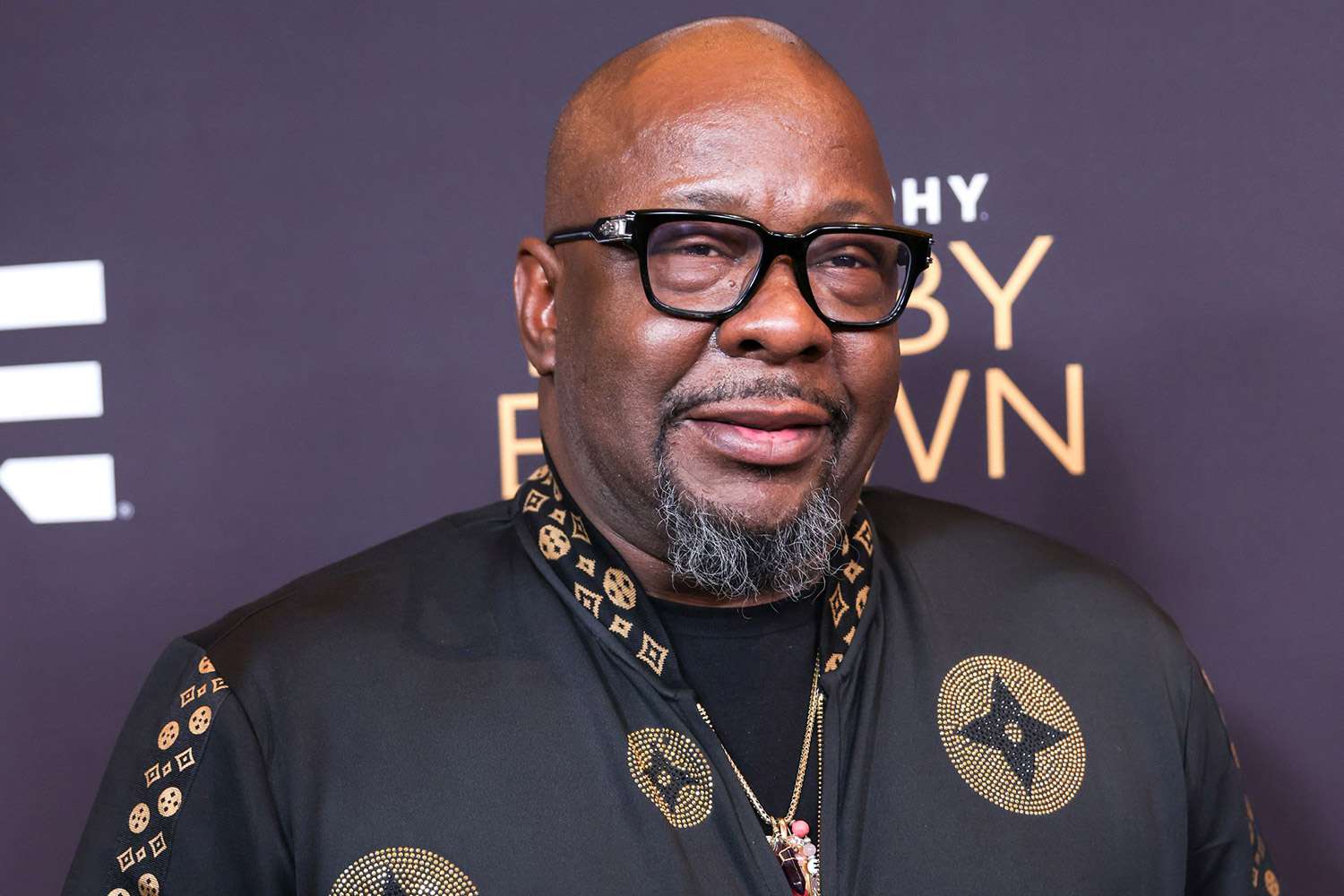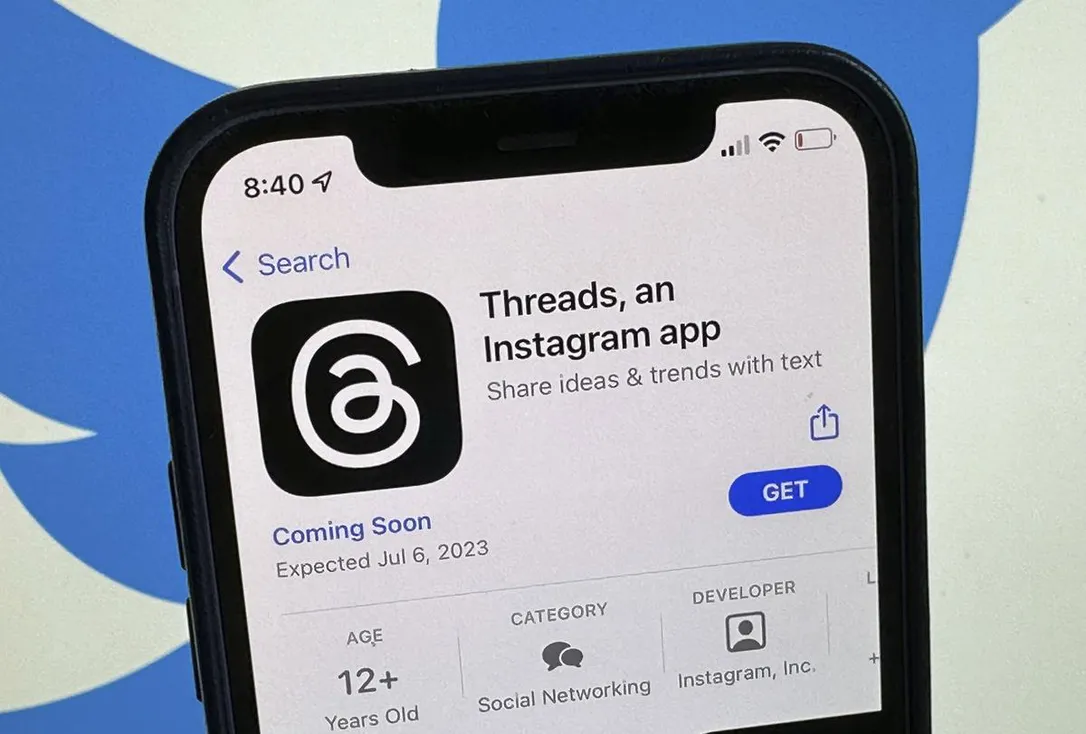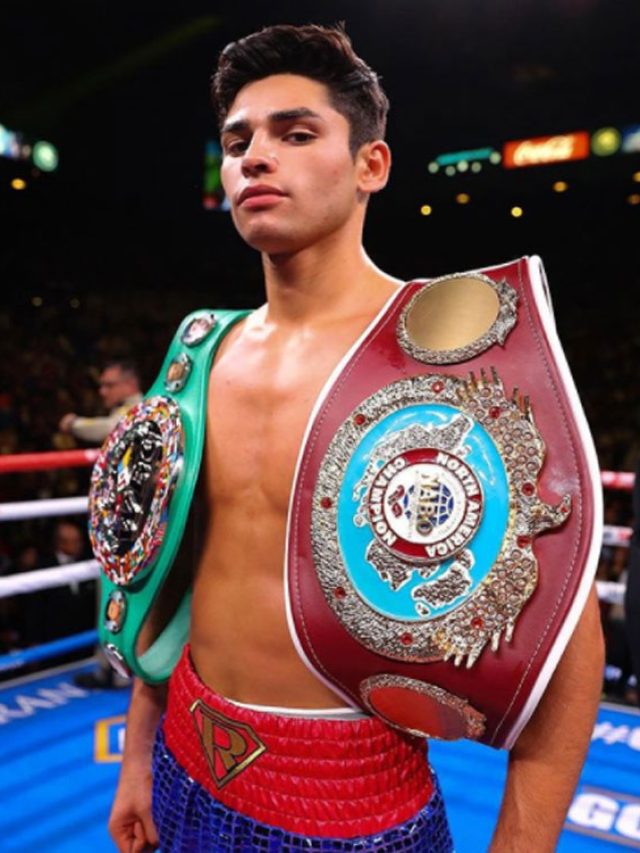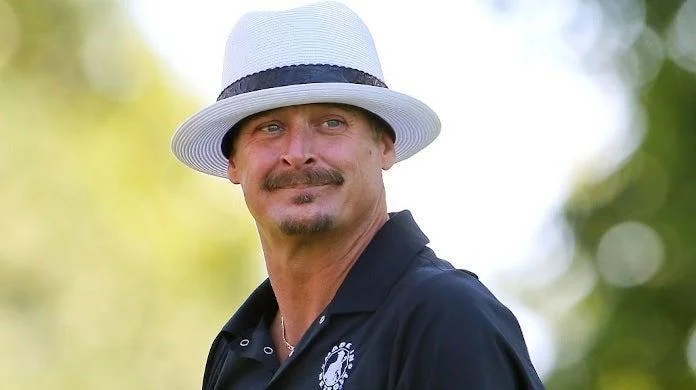Last Updated on September 19, 2023 by
Bobby Brown Biography Wiki: Robert Barisford Brown (born February 5, 1969) is an American singer, songwriter, and dancer. Brown is credited with longtime collaborator Teddy Riley as one of the pioneers of the new swing: the fusion of hip-hop and R&B. Brown began his career with the R&B and pop group New Edition, from their formation in 1978 until his departure from the group in December 1985. After embarking on a solo career, Brown achieved critical and commercial success with his second album, Don’t Be Cruel (1988), which spawned five top ten singles on the Billboard Hot 100, including the number one hit “My Prerogative” and the Grammy Award “Every Small Step”. In 1989, Brown contributed two songs to the Ghostbusters II soundtrack. Brown’s next album, Bobby (1992), spawned several singles including “Humpin’ Around”, “Get Away” and “Good Enough”. However, despite going triple platinum, Bobby’s sales did not match those of his predecessor. Brown has sold over 50 million copies worldwide. Also in 1992, Brown married superstar singer Whitney Houston, with whom he later had a daughter named Bobbi Kristina Brown. The couple’s drug problems and domestic feuds made them tabloid stuff.
Early life
Brown was born in Boston, Massachusetts as one of eight children. His mother, Carole Elizabeth (née Williams), was a substitute teacher and his father, Herbert James Brown, was a construction worker. Brown grew up in Roxbury’s Orchard Park projects. Brown got his first taste of the stage at the age of three and one of his childhood idols, James Brown, was performing in Boston. This performance sparked my dream of becoming a singer. Brown joined a church choir where he recognized and developed his singing talents. Brown’s musical influences also include Rick James, Michael Jackson, Marvin Gaye, and Prince.
Music career
New Edition was formed in 1981 by 12-year-old Brown and childhood friends Michael Bivins and Ricky Bell. Ralph Tresvant joined the group at the request of Bell, who sang with Tresvant as a duo. Brown, too, had known Tresvant since she was a child. They became a quintet in 1982 when their manager Brooke Payne insisted that he bring in his nephew Ronnie DeVoe to round out the band. After appearing at several Boston-area talent shows in 1979, they signed with Boston-basedArthur Baker’s Streetwise Records, which released their debut album, Candy Girl. The title track, which Brown sang with Bell and Tresvant, reached the top 20 on the Billboard R&B singles chart in 1983.
The group became a pop sensation with their self-titled second album. The album contained the hits “Cool It Now” and “Mr. Telephone Man, which Brown also co-directed.Despite the band’s success, however, Brown felt the band never received the money they felt they deserved, later saying, “With all the touring and all the records we’ve sold, I’ve seen the $500+ and a VCR.” Brown also reportedly became jealous of the attention given to his New Edition member Ralph Tresvant, and during some of their tour appearances, he often lost his position and took turns performing, singing, and seductive performances, which worried the management of the band. Brown appeared on two more New Edition albums before leaving the band in early 1986. Brown later said he felt the band’s management treated them “like little Treated slaves by people who are only interested in money and power, not the well-nature of the reissue”. There was some controversy over how Brown was removed from the band. Some say Brown asked to be released by New Edition, but the documentary VH-1 Behind the Music about the band claimed Brown was turned down by the band through their management team, and the members – mainly Tresvant – opposed the decision.









